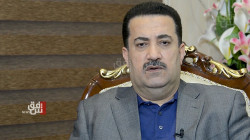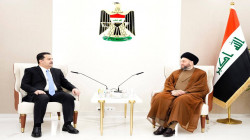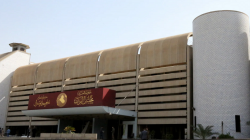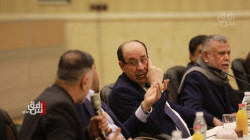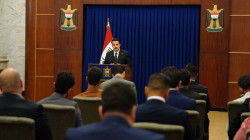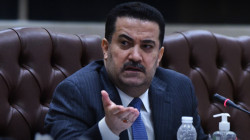Iraq opens doors to US oil partnerships, aiming for gas self-sufficiency by 2028
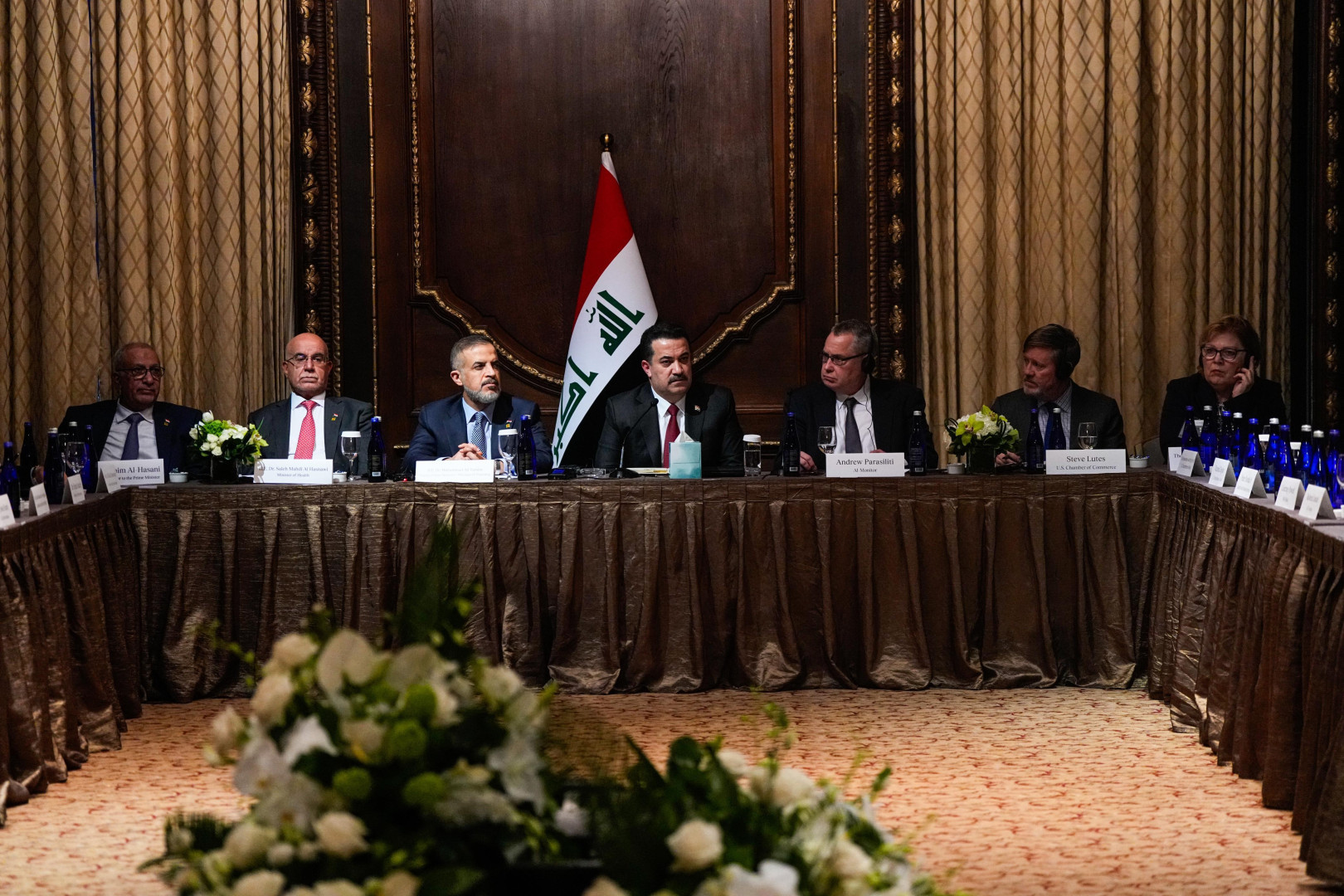
Shafaq News/ On Thursday, Iraqi Prime Minister Mohammed Shia Al-Sudani expressed the country's readiness to partner with American companies in the oil industry.
This declaration was made during a dialogue session in New York, hosted by the American Chamber of Commerce and Al-Monitor, attended by investors, business leaders, representatives from American companies, and the Iraq-US Business Council.
During the session, Al-Sudani highlighted the government's initiation of several rapid projects, including a significant agreement with Total aimed at increasing oil production and utilizing associated gas at approximately 600 million standard cubic feet. He noted, “We have launched supplements for the fifth and sixth licensing rounds, which have resulted in contracts for oil production and gas investment.”
Al-Sudani projected that Iraq would achieve self-sufficiency in gas by 2028, alongside the activation of oil derivative projects, such as the strategic Karbala refinery, which has a production capacity of 140,000 barrels per day. He also mentioned the rehabilitation of the Baiji refinery, which was completely destroyed during the battles to liberate the area, stating, “This refinery has a production capacity of 150,000 barrels per day.”
Furthermore, the Prime Minister announced, “We have ended petroleum derivatives imports and will stop importing gasoline at the beginning of next year after completing the FCC project in Basra.” He emphasized Iraq's vision to transform 40% of exported oil into downstream industries, which he believes will provide greater benefits than selling crude oil.
Turning to the banking sector, Al-Sudani remarked that development cannot be achieved without “a solid banking system” adhering to international standards. He noted that “95% of financial transfers in Iraqi trade are conducted through trusted banks.” He confirmed the currency sale window will close at the end of 2024 and highlighted that “the Anti-Money Laundering Office at the Central Bank is functioning effectively.”
Al-Sudani stated, “The government has contracted Ernst & Young to reform the state banking sector, boosting citizens' trust in banks and expanding financial inclusion.”
He affirmed the independence of the Central Bank, asserting, “It enjoys full independence and exercises its authority with complete professionalism,” and expressed plans to establish a new bank using the latest technologies.
Finally, Al-Sudani extended an invitation to all companies engaged in electronic payments to operate in Iraq, assuring them of all necessary facilitation.
“We have developed a plan to improve infrastructure with allocations of up to $83 billion,” he concluded.
